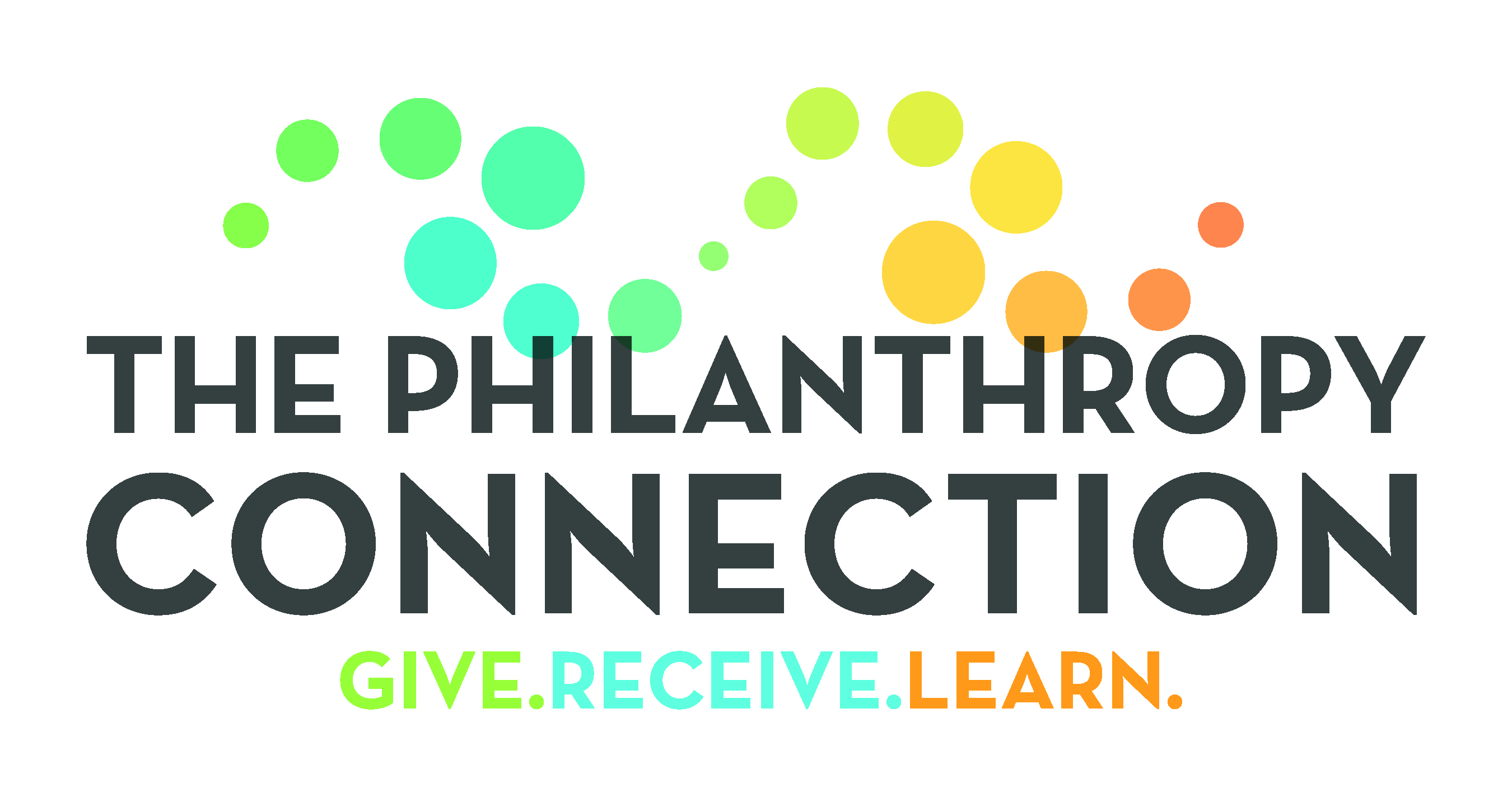Interview with Kate Sanetra-Butler
Founder & Executive Director
We met with Kate Sanetra-Butler who created Dignity Matters (DM) with the vision of a world where all women and schoolgirls are treated with respect and that they can manage their period with dignity and without shame. Most people incorrectly assume that if a woman receives SNAP benefits (formerly food stamps) or uses homeless shelter services, then such basic items are provided. People also assume that all public schools supply sanitary napkins to girls who need them. This could not be further from the truth: women can’t use SNAP benefits to purchase sanitary products or bras for themselves or their daughter, and despite their best efforts, most shelters and public schools in Massachusetts cannot cope with the demand for these products.
Some Numbers, Today’s Challenges, and Programs and Partners
In 2017, DM collected over 225,000 items for distribution. In 2018 it more than doubled this number, collecting more than 570,000 items. Since the beginning of 2019, DM supports 100+ other nonprofits reliably reaching more than 3,000 women and girls each month.
Unfortunately, as the rate of the homelessness has grown in Massachusetts, so has the demand for DM’s services. Each month, new partners are added to the organization’s distribution network, but the waiting list is getting longer: demand far exceeds supply.
DM offers assistance through five different programs that serve food pantries; public schools and after-school programs; homeless shelters (including domestic violence programs); medical centers for the homeless; and clients directly at parent institutions through its bra fitting service.
Clients include large organizations and agencies in Massachusetts, such as Boston Healthcare for the Homeless Program, Boston Public Schools, South Middlesex Opportunity Council, and Middlesex Human Services Agency as well as small local programs. DM also occasionally distributes products at events benefitting homeless women and girls, such as those held by City Year and the Wellness Fair.
Coping with Covid-19
We spent a great deal of our time with Kate discussing the impacts of Covid-19 on the organization. She mentioned that the number of women served over the last year has more than doubled to an estimated 8,000, with organizations located in even wealthy communities seeing a need for feminine hygiene products during this time. She said, “We can see that period poverty, now more than ever, is a matter of basic needs and equity and impacts all communities.”
Kate mentioned that the demand far exceeds what it can currently sustain as an organization. “Most organizations don’t provide these items themselves,” she noted. Because of this void, there is a consistent backlog of organizations asking DM to help them with supplies that it cannot yet support. This year alone, DM partnered with about 160 different organizations to provide feminine hygiene products to the community.
Still, DM has taken all the challenges of the pandemic in stride, adjusting its business model, which typically aims to get 50% of products directly sourced from a supplier and 50% through donations, to almost 90% of products sourced from suppliers. DM is taking advantage of any operational efficiencies it can find and has managed to scale even without its usual number of volunteers. Kate noted that TPC’s funding allowed them to quickly scale up its space in response to the increased demand.
How Can TPC Help?
Because they simply cannot afford them, homeless women and girls first give up the things that are “invisible,” such as underwear. And because bras are personal items, many women never think of donating them. Perfectly good and usable bras end up being thrown out, instead of being donated. Over the last four years DM has visited many shelters and public schools in Massachusetts where women and girls had no bras and underwear and no way to purchase them. Nurses at public schools across Massachusetts reach out to DM for donations of not only menstrual care products, but also underwear – you can’t use a pad if you have no underwear. Your donations will help! Use this location map to find a drop-off center near you and learn of other ways you can donate to help end period poverty.

